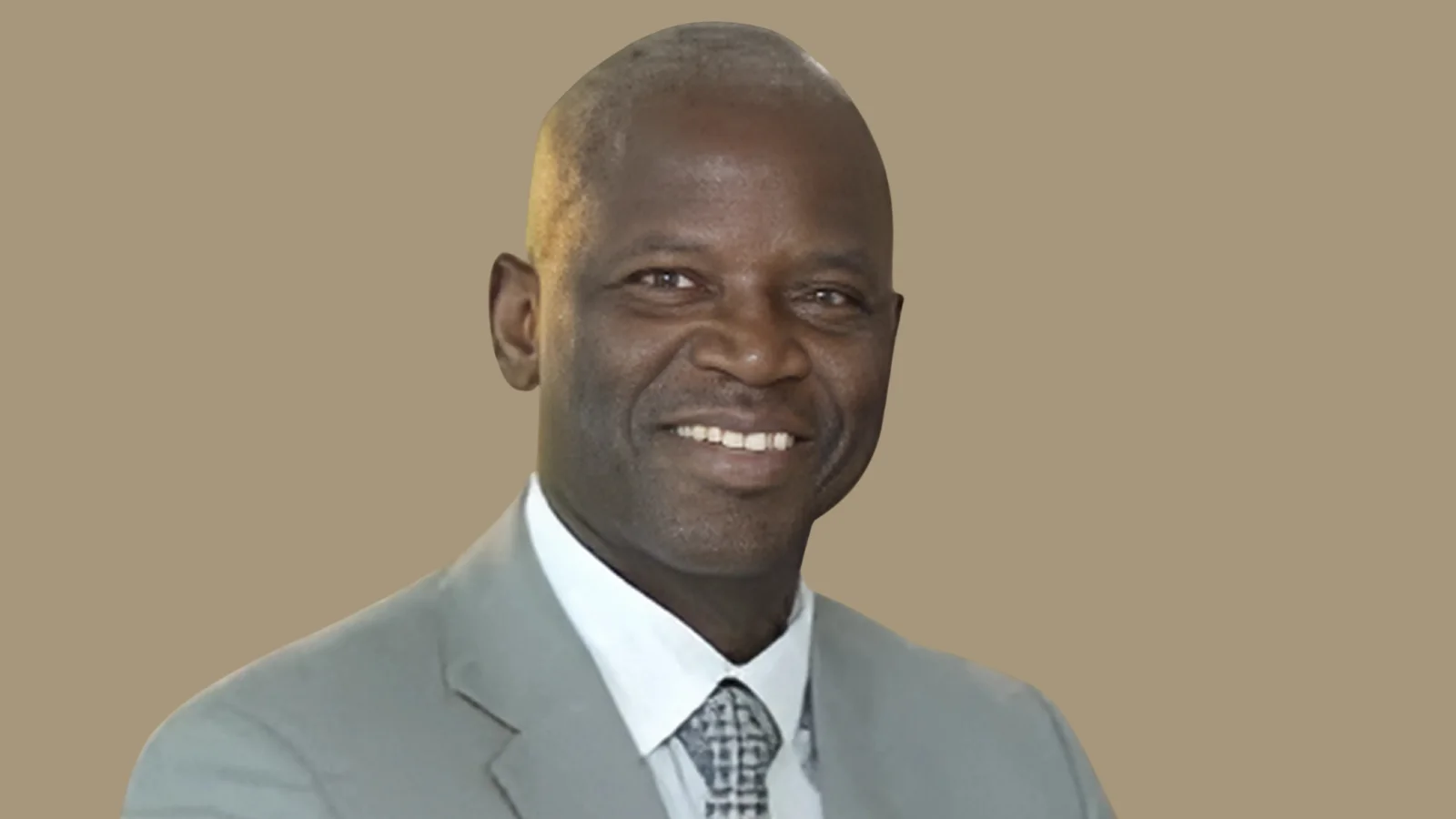The World Bank has released a new report focusing on human development in the Middle East and North Africa (MENA), outlining strategies to help countries in the region address challenges from demographic shifts, climate change, and technological advancements. The report calls for reforms in policy, institutions, and financing to protect and improve human capital.
“Building human capital is the surest path to resilient growth and shared prosperity,” said Ousmane Dione, Regional Vice President for the Middle East, North Africa, Afghanistan and Pakistan at the World Bank. “This report sets out practical, future‑fit policy choices to protect people and unlock more and better jobs—especially for women and youth—and it underscores that progress hinges on robust institutional reforms and sustainable financing to deliver results at scale.”
According to the report titled Embracing and Shaping Change: Human Development for a Middle East and North Africa in Transition, many indicators of human development are lagging across MENA. Seventy percent of 10-year-olds have not achieved basic literacy or numeracy skills. The average Human Capital Index score is 0.49, which is below countries with similar income levels. Early childhood development access remains low for children aged 0–5 years; primary health service coverage is under 70 percent; and less than half of those living in poverty receive support from social safety nets.
The region faces one of the fastest demographic transitions globally. Life expectancy reached 74 years in 2023 while effective retirement age averages just 54 years. Over the next three decades, the ratio of people aged 65 or older compared to working-age individuals will increase by two-and-a-half times. Without changes to current policies, pension costs could rise to an average of three percent of GDP by 2050. Additionally, by 2030 between three and ten percent of populations in seven MENA countries will need long-term care services. The report suggests investing in disease prevention, supporting longer working lives, providing lifelong learning opportunities, and developing long-term care systems as ways to reduce costs associated with aging while also creating employment opportunities.
The impact of automation and artificial intelligence on jobs within MENA’s lower- and middle-income countries remains uncertain compared with other regions due to limited digital readiness in several nations. In the short term this could mean missing out on productivity improvements; however some countries have seen growth among workers using digital platforms. The report recommends advancing digital skills training, improving affordable internet access quality, and updating labor regulations for platform-based workers.
Climate change presents additional risks such as increased heat waves and water shortages that threaten education outcomes, health standards, and food security throughout MENA. To address these issues the report advises making education and health systems more adaptable to climate impacts while expanding social protection programs so households can manage risks more effectively. It also notes that leveraging solar energy resources along with green technologies could help diversify economies if accompanied by targeted investments in relevant educational programs.
Institutional quality gaps remain a challenge across much of MENA resulting in lower returns per dollar spent especially within health or education sectors when compared internationally. Approaches highlighted include improving accountability mechanisms, better use of data analytics tools including AI-enabled solutions where appropriate.
To address declining investment trends in human development sectors—and create fiscal space for new initiatives—the World Bank proposes measures such as mobilizing domestic resources more equitably allocating public expenditures efficiently leveraging nontraditional sources of finance.
“The report sets out a roadmap to protect people against today’s shocks while preparing them for tomorrow’s economy,” said Fadia Saadah, Regional Practice Director for People at the World Bank covering MENA as well as Afghanistan & Pakistan.“Reversing stagnating or falling investments in human development and pairing that with institutional reforms that boost impact and equity is essential.Smarter more sustainable financing can convert demographic climate,and technological change into engines of job creationand productivity.”
The publication draws on research from companion studies covering policy design financing options institutional reform case studies including green skills training recommendations.Details are provided through a proposed agenda focused on adapting policies strengthening foundational institutions ensuring adequate funding mechanisms.

